Exploring Culinary Delights: Secret Food Tours Expands Globally
As the summer travel season winds down, Secret Food Tours is preparing for a surge in bookings during its peak operational months. The company specializes in unique culinary experiences in 70 cities worldwide, focusing on authentic local foods rather than merely popular attractions.
Oliver Mernick-Levene, one of the co-founders alongside Nico Jacquart, noted, “September and October are increasingly preferred by travelers, as many European destinations can become quieter during the summer heat, with some businesses even closing for vacations.” The duo launched Secret Food Tours in 2013.
Since its inception, the company has expanded its offerings from London to cities like Tokyo, Charleston, and Rio de Janeiro, achieving impressive sales of £13.5 million last year. This success has earned Secret Food Tours a spot on the Sunday Times 100 list of the fastest-growing private companies in Britain.
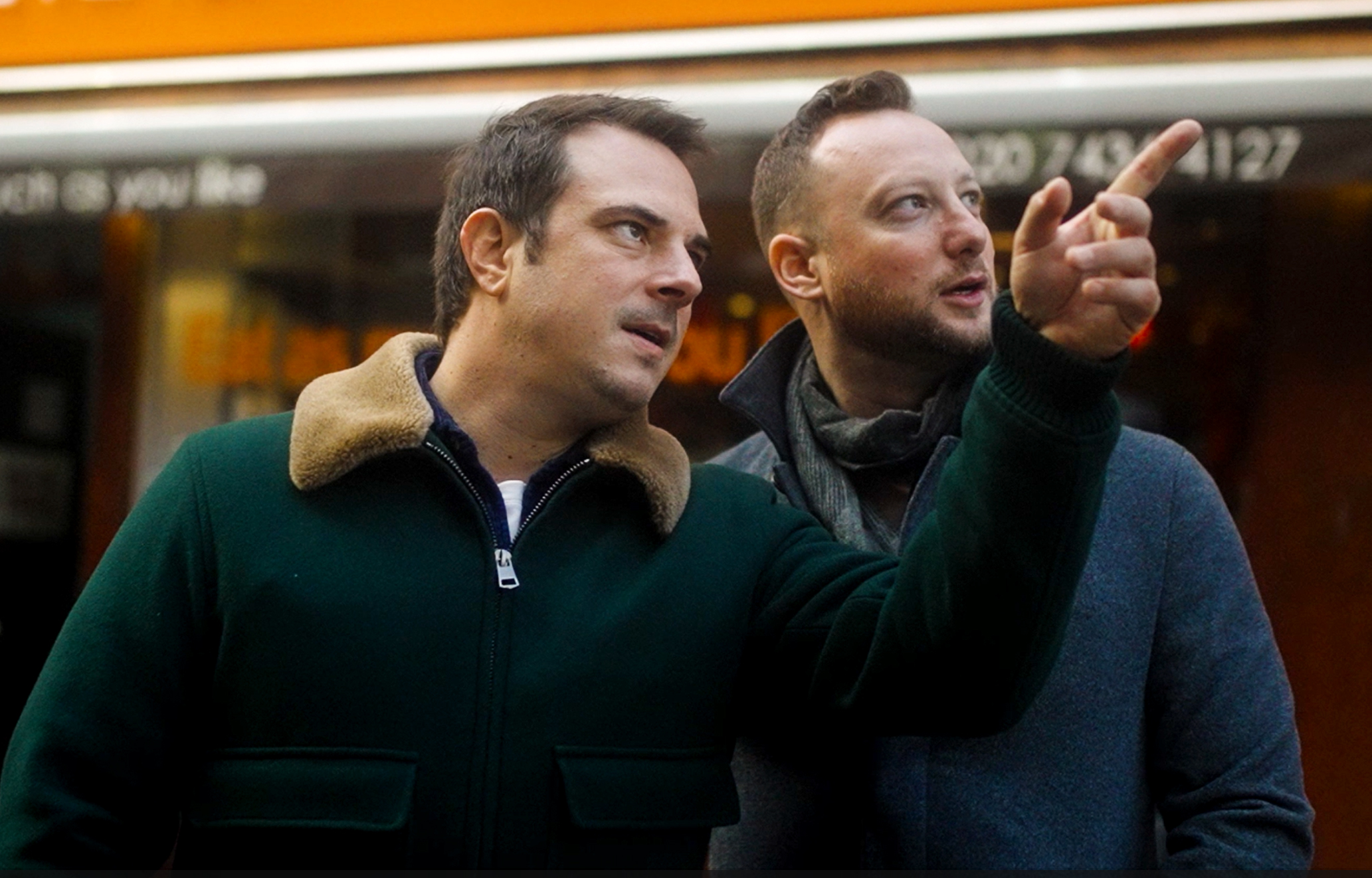
The friends’ journey began in a Shoreditch pub, where they initially organized pub crawls. As their interests shifted towards the gastronomical scene, they started offering food-focused tours. They initially piloted two routes: one in London and the other in Paris, where Jacquart spent significant time.
Mernick-Levene reminisced, “In those early days, London had a vibrant food scene, but it wasn’t widely recognized, especially by international tourists. Together, we crafted the idea of a food crawl instead of traditional bar-hopping, and Nico enthusiastically volunteered to create a website, even before we had any tours to offer.”
The website quickly generated £400 in sales within an hour, prompting the founders to refund the eager customers as they didn’t even have a tour set up yet. This initial success confirmed their business idea’s potential, contrasting starkly with their previous pub tours.
The founders each curated a tour highlighting their favorite hidden gems, featuring local eateries, markets, and shops. Mernick-Levene explained, “We wanted our tours to expose tourists to the real local culinary experience that they wouldn’t find in tourist guides.” They continue to work with long-standing local suppliers, reinforcing their commitment to community engagement.
Concerns regarding local reactions to the tours were addressed with proactive measures. Jacquart shared, “To minimize disruption, we arrange meals in advance, ensuring our groups don’t overcrowd during peak times or disturb regular patrons.”
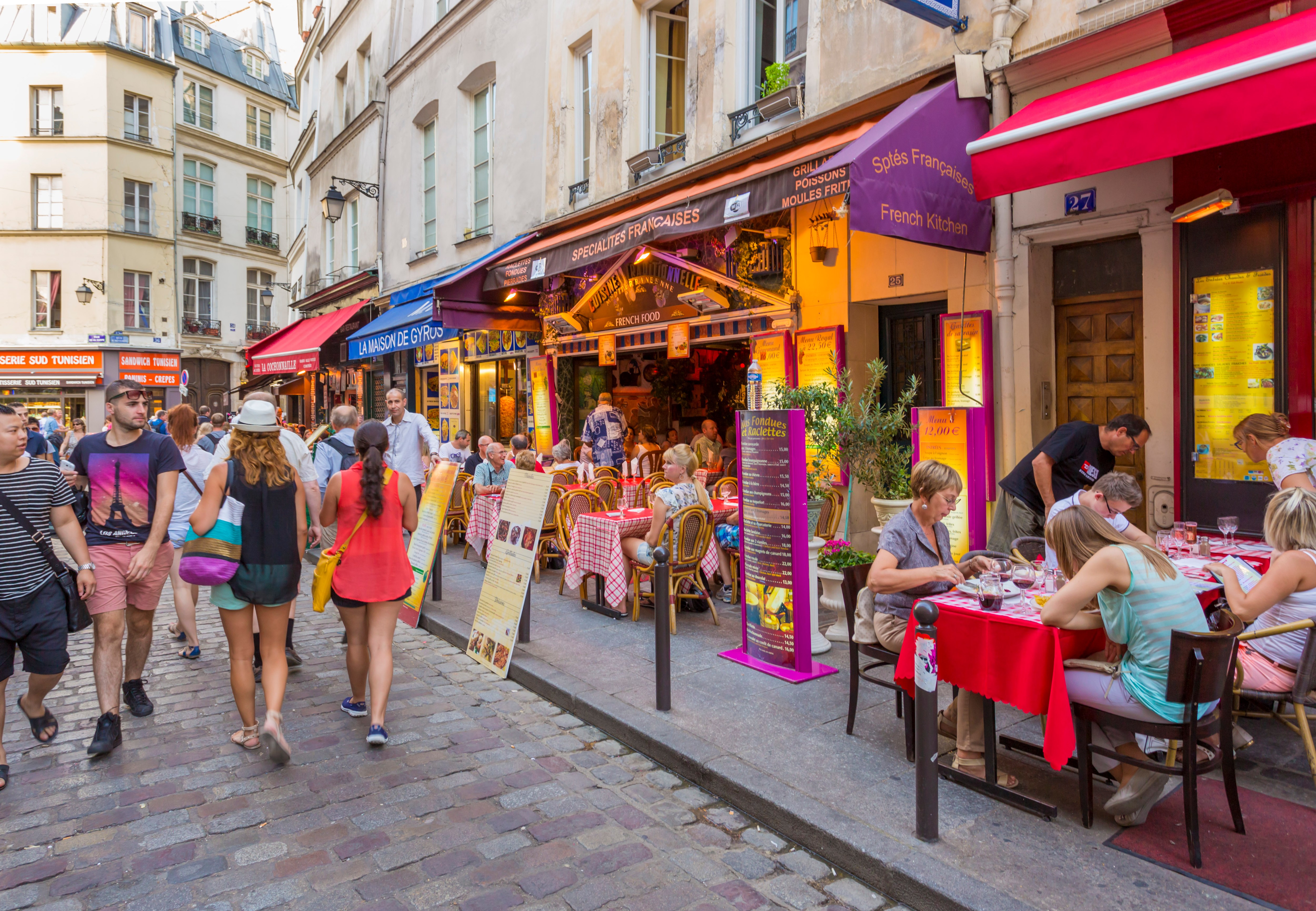
Tour designs strategically position their groups at either the opening or closing times of restaurants to provide a unique experience. For instance, many tours begin early, allowing access to popular dining spots before they officially open.
With 40% of their revenue directed towards local suppliers, Mernick-Levene highlighted their support for local communities by prioritizing independent establishments over chain restaurants.
Despite protests calling for limits on mass tourism across Europe, Mernick-Levene expressed confidence in their positive impact on local economies. “We’re clearly benefiting local businesses. If there are concerns about tourism, we’re not part of that issue as we avoid major tourist traps.”
The success of Secret Food Tours also lies in the quality of its guides, with approximately 300 freelance guides worldwide supported by a remote core team of 50. This flexible approach allows them to hire individuals passionate about local food and culture.
Reflecting on their foundation, Mernick-Levene stated, “Initially, we both guided our tours. We discovered that while some expertise is needed in historical contexts, local food culture can be taught to enthusiastic guides, enabling us to take advantage of a broader talent pool.”
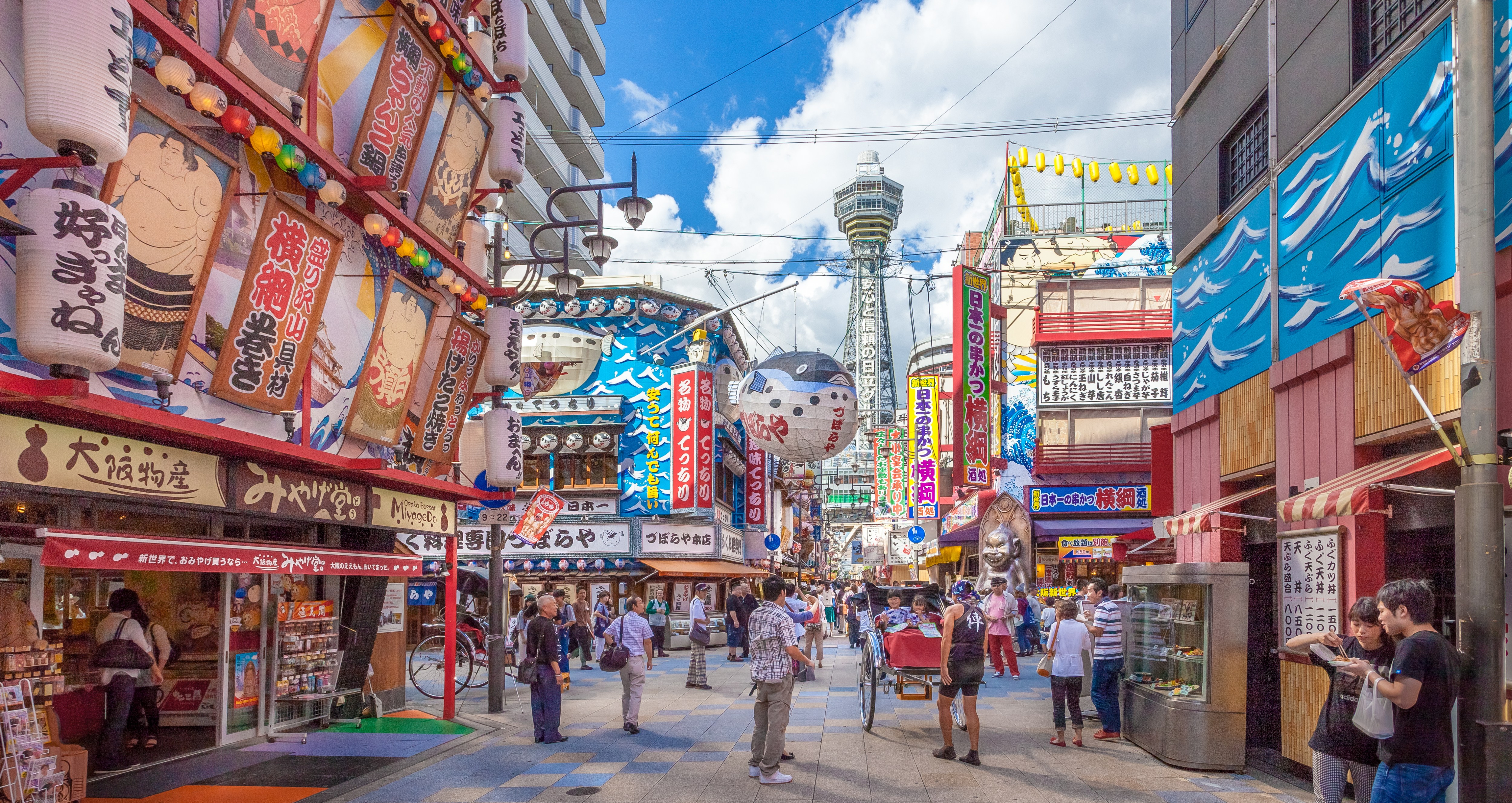
Tour guides retain all their tips, supplementing their income on top of the fees they earn per hour. The company has developed proprietary software to track spending at local businesses, created during the pandemic when in-person tours were not feasible. This technology allows local managers to allocate tours based on performance metrics.
During the interview, Jacquart was in Paris, while Mernick-Levene was in Panama, emphasizing their ability to maintain a flexible lifestyle. Reflecting on their adventures, Mernick-Levene humorously recalled an early business trip that closely resembled a vacation.
The opportunity for travel is a significant incentive for their team, with staff not only engaged in guiding but also exploring new locations and culinary traditions. As their tours in cities like Tokyo gain popularity, new offerings in Osaka and Kyoto are also positioning to attract food enthusiasts.
Having raised £2 million from Pembroke VCT previously, the founders are now seeking further investment to fuel organic growth and potential acquisitions to enhance their portfolio in culinary education offerings.
“While we’ve previously experimented with cooking classes, we’ve realized complexities involved. Partnering with established entities might allow us to introduce such experiences more efficiently than developing them from scratch,” Mernick-Levene concluded.
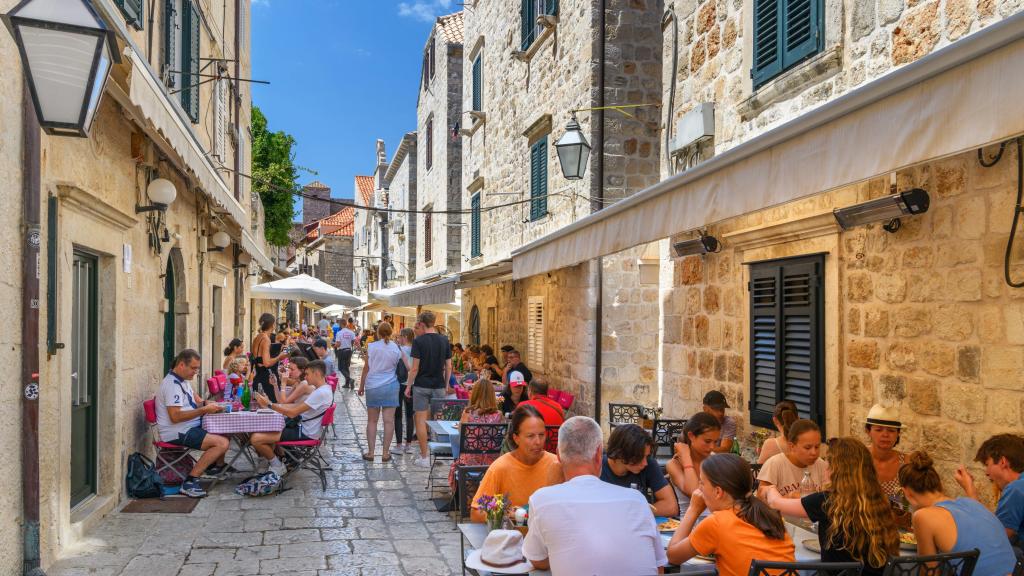

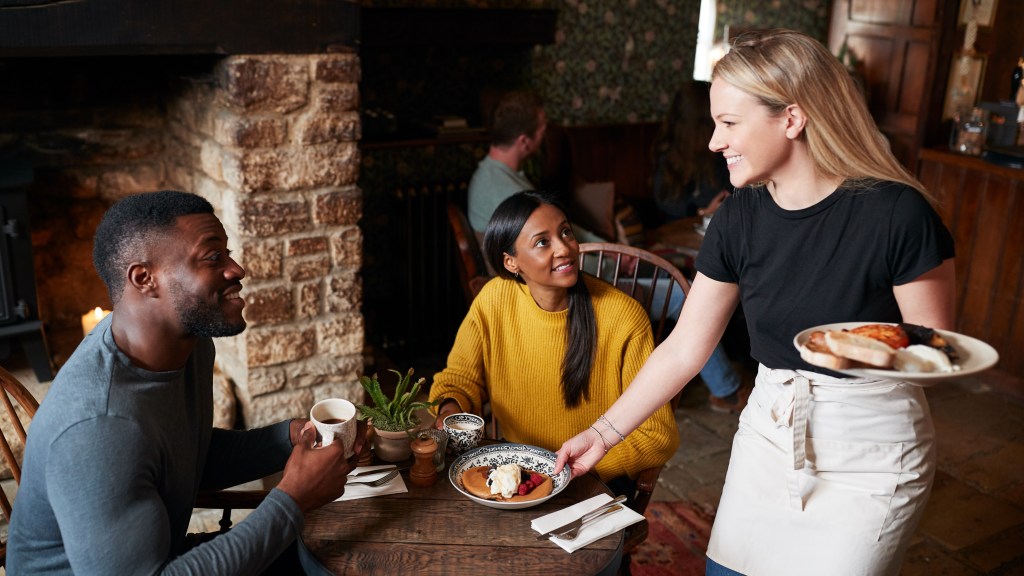
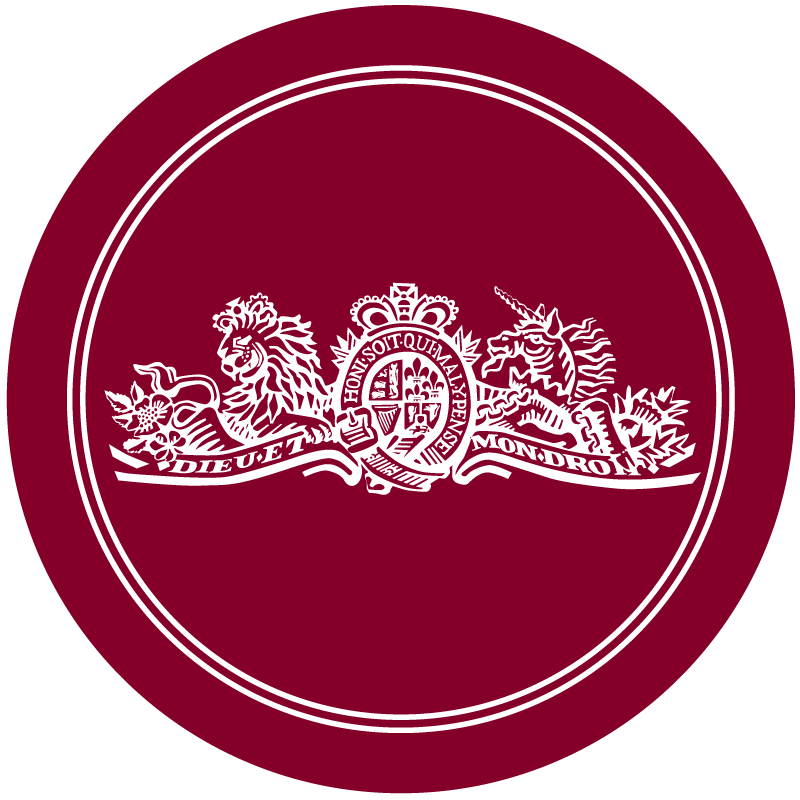
Post Comment